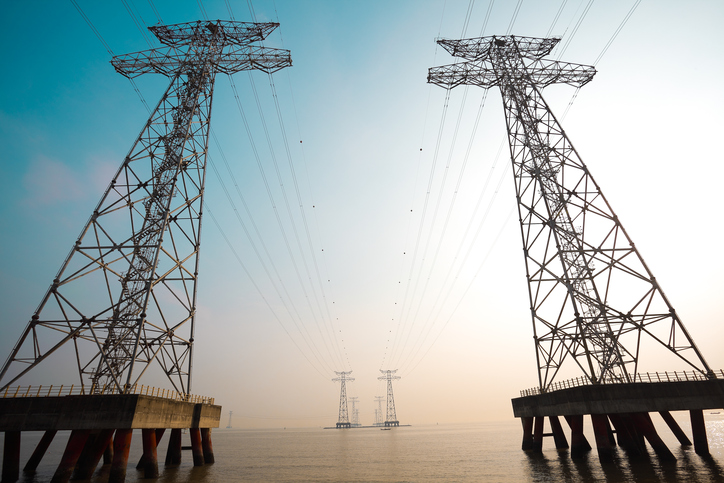Ofgem has said network operators should prepare for tougher price controls in the future just as a consumer watchdog lamented billions of pounds of profits it said were unjustified.
The industry regulator this morning published an open letter to the country’s network operators, bringing them up to speed with preparations for the next RIIO framework.
RIIO – so-called because of Ofgem’s ‘Revenue = Incentives + Innovation + Outputs’ mantra – effectively sets the price controls for which network companies have to abide by. It is designed to balance the need for external investment in the UK’s transmission and distribution networks against the need to protect consumers from undue costs.
The current RIIO framework – RIIO-1 – expires for transmission network operators on 31 March 2021 and for distribution network operators exactly two years later. Under RIIO-1 more than £80 billion of investment has been mobilised for the UK’s energy networks.
Ofgem has moved quickly to prepare operators for the following RIIO-2 framework, stating that controls will need to be tougher in the future and would need to evolve alongside the “unprecedented pace and scale” of change currently occurring within the UK’s power system.
Noting that the amount of electricity procured from renewables has soared from 5% to 24% over the last ten years, Ofgem said there remains considerable uncertainty over the direction the power market will take.
It stressed that a wide range of future energy scenarios included varying levels of adoption of various technologies – particularly distributed generation, storage and electric vehicles – and also looked to factor in nascent technologies that could still rise in prominence, including blockchain and artificial intelligence.
“The RIIO-2 price controls – as a key part of this wider integrated strategy for network regulation – will need to be adaptable to a wide range of future scenarios while enabling network companies to innovate and proactively respond to changes in how networks are used to secure the best outcomes for consumers,” the letter states.
Ofgem said that it was therefore wise to begin the process of establishing RIIO-2 as early as possible.
Jonathan Brearley, senior partner for networks at Ofgem, said it was important the regulator learn lessons from the current RIIO framework.
“Our stable regulatory regime appeals to investors. We believe current market evidence suggests that they may be willing to accept lower returns for regulated assets. Setting tougher controls will ensure that Britain’s energy networks deliver even better value for customers,” he added.
“Unjustified” profits allowed by Ofgem failures
Acknowledgement that future price controls will have to be tougher for network operators is likely to be welcomed by consumer watchdog Citizens Advice, which this morning lambasted Ofgem failures for enabling operators to pocket “unjustified” profits to the tune of £7.5 billion over the last eight years.
Analysis of Ofgem’s financial control figures conducted by Citizens Advice found that three principal failures resulted in favourable conditions for network operators and runaway profits. Those failures include:
- An overestimation of business risk for investors in energy networks, costing consumers £3 billion;
- Assuming interest rates and returns for government bonds would be higher than they were, costing £3.4 billion;
- And financial incentives designed to reward network operators for efficiency enabling them to inflate project cost estimates and keep some of the resulting underspend as profit, costing consumers £1.1 billion.
Citizens Advice is now calling on Ofgem to redistribute this £7.5 billion by means of a consumer rebate, similar to how Ofwat acted when it was deemed to have failed to rein in water utility profits.
Gillian Guy, chief executive at Citizens Advice, said energy network firms had enjoyed a multi-billion pound windfall at consumers’ expense.
“Decisions made by Ofgem have allowed gas and electricity network companies to make sky-high profits that we’ve found are not justified by their performance.
“Through their energy bills, it is consumers who have to pay the £7.5 billion price for the regulator’s errors of judgment. We think it is right that energy network companies return this money to consumers through a rebate.
“If energy network companies fail to return these unjustified profits to the consumers that paid for them then the government should consider stepping in,” he said.






